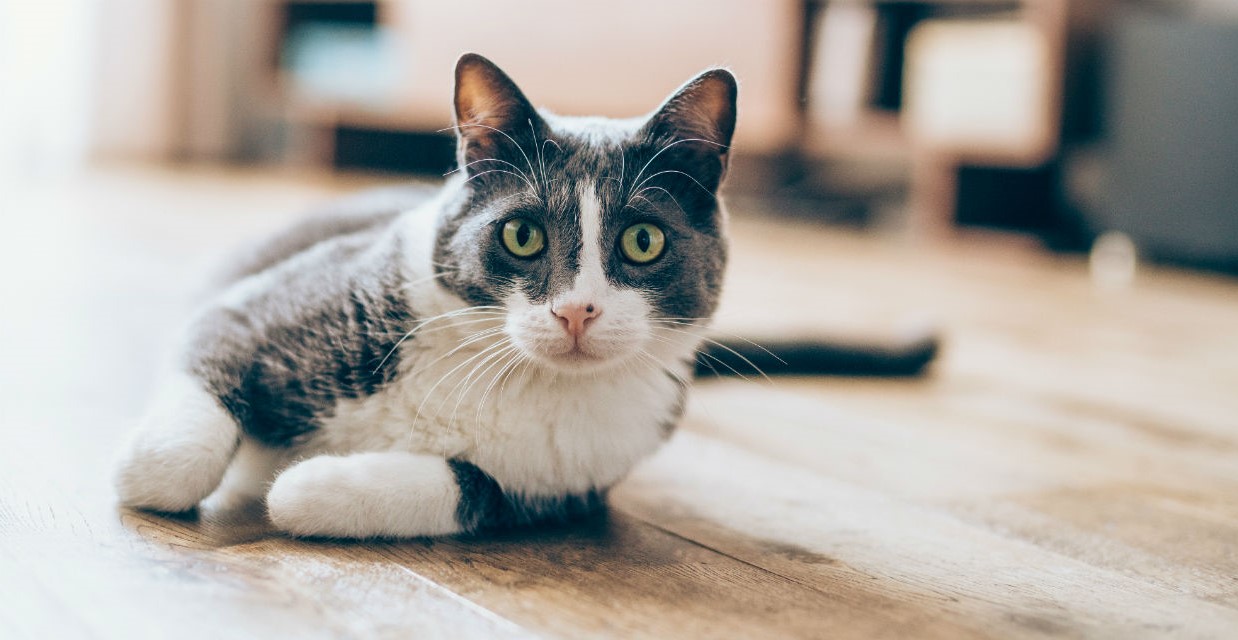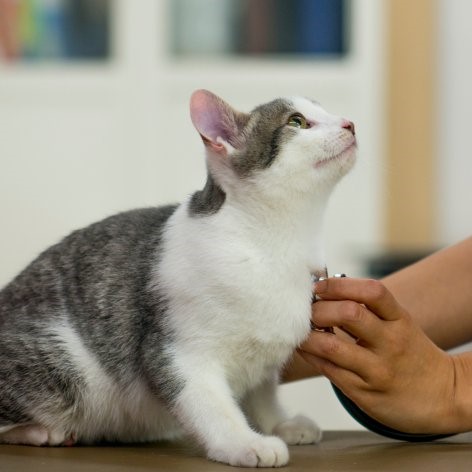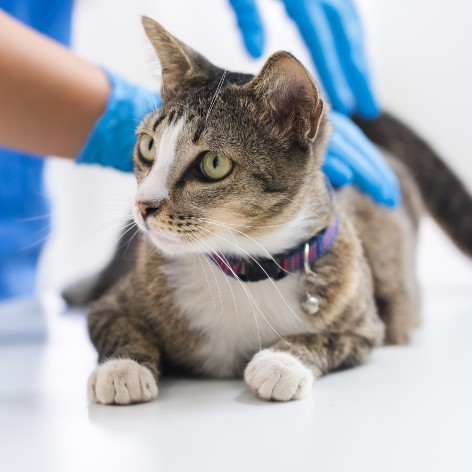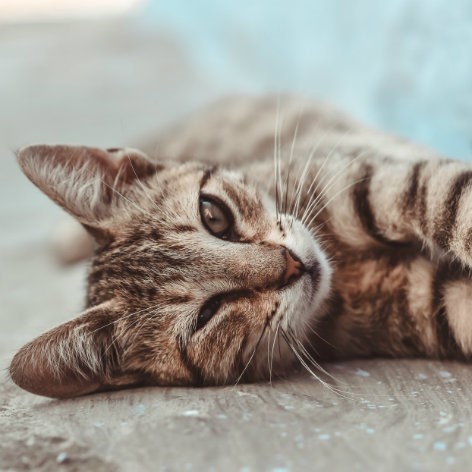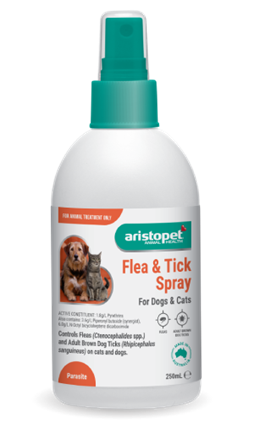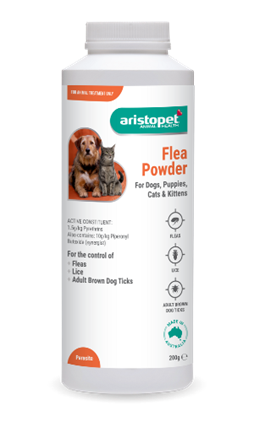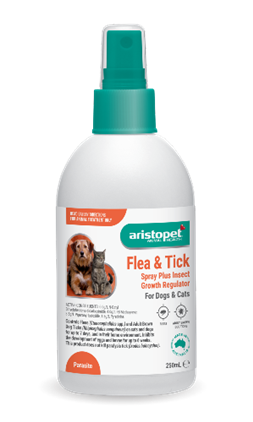We all want the best for our cats. But how do you know if they are healthy?
Here are eight areas to keep in mind when assessing the overall health of your cat:
Skin and Coat
Your cat's skin and coat should be shiny and clean. Cats are fastidious groomers, and often, if your cat hasn't groomed for a while, you might notice extra skin scurf/dandruff in their coat, which may look dull and less shiny. A lack of grooming, or a sudden change in grooming behaviour can be an indication of an underlying health condition and is best mentioned to your vet.
Mouth
Your cat should have pink gums, their breath should not smell, and they should not drool. Smelly breath is often a sign of plaque and tartar build-up and dental disease, which many cats will hide until it is well advanced. Annual dental check-ups can help manage your cat's oral health.
Nose
Your cat's nose should be soft and damp to touch. Sneezing, discharge, drying-out or crusting around the nostrils may indicate a respiratory infection, so get this checked out by your vet.
Eyes
Your cat's eyes should be bright, clear and symmetrical, with no wet, crusty or dried discharge. If your cat is blinking or winking, pawing at their face or eyes and has any signs of redness, discharge or irritation around their eyes, report these to your veterinarian.
Ears
Your cat's ears should not smell or be itchy. There should be no redness, brown waxy discharge or crust, and scratching or excessive grooming about the ears can be a red flag. Any of these signs are worth getting checked out by your vet.
Weight (Or Body Condition Score)
Sometimes hard to tell in more fluffy breeds; your cat has an 'ideal' body condition score. You can find a handy reference chart here.
Being overweight can predispose your cat to many conditions, including osteoarthritis, diabetes and various skin issues.
Your vet can provide advice on the right type and amount of food for your cat and their needs, according to their lifestyle (eg indoor vs outdoor), and activity level.
Litter Tray
Normal urination and defecation are major signs of good health in cats. Any change in what you find in the litter tray can be a sign of poor health. Look out for:
- Urination: cats should not strain to urinate, cry out in pain, go in abnormal areas or urinate too often. (If they’re not urinating at all, you should speak with your vet immediately. Changes in the frequency of urination can be an indicator of serious disease and should be reported immediately to your veterinarian.
- Diarrhoea: (or frequent, runny stools) can have many causes. Call your vet if this lasts more than 24 hours.
- Constipation: constipation this can be a painful indicator of poor health in your cat. Often caused by eating non-food materials, hair or bones, it can also be caused by many diseases or not drinking enough. It's best to mention any changes in your cat's frequency of defecation or stool characteristics to your vet so that they can investigate.
- Vomiting: a healthy cat can still vomit hair or grass occasionally, and this can be normal. However if vomiting is persistent, voluminous or accompanied by blood or diarrhoea, it is best to notify your vet immediately.
Attitude
Depending on their character, your cat should want to engage with you and be generally alert and interested in its surroundings.
Lethargy, shying away or acting abnormally aggressive can be signs of ill health.
Keep a close eye on your cat, as cats are very good at hiding illness.
The above gives an overview of the signs of health in your cat and you’ll have a better understanding of the signs that might indicate your cat isn’t well.
When you visit your vet be sure to raise any questions, concerns or observations you have may regarding your cat's health.


